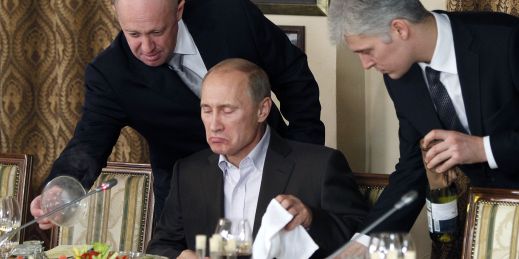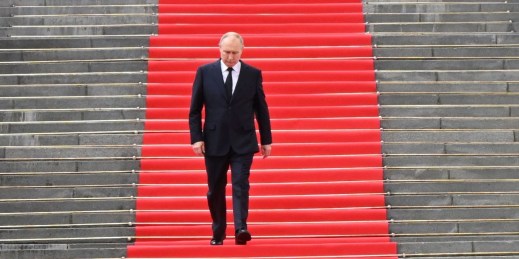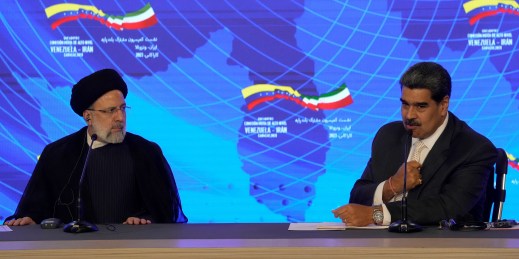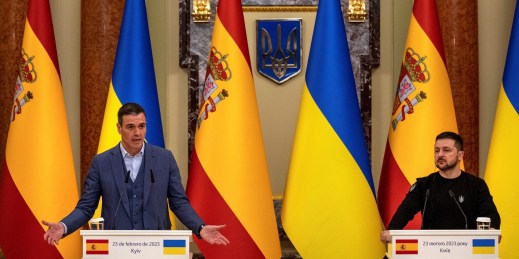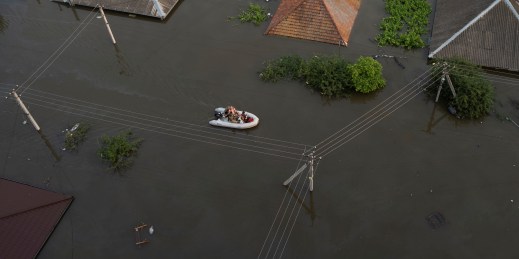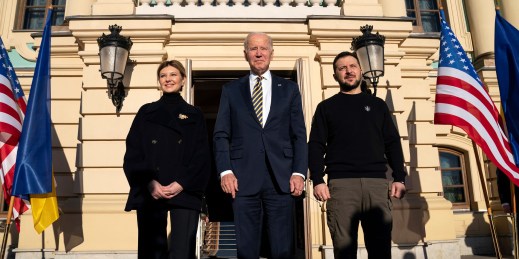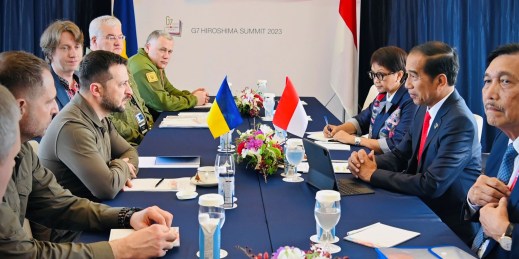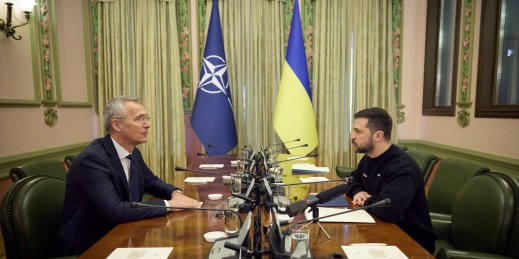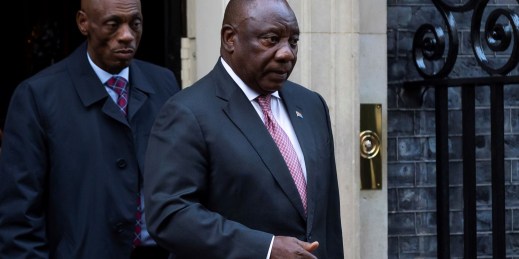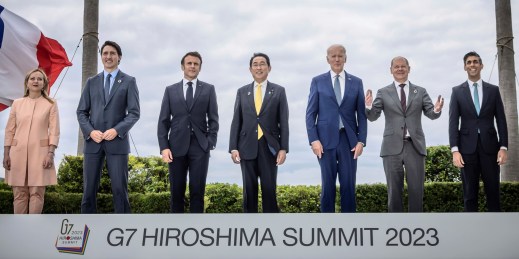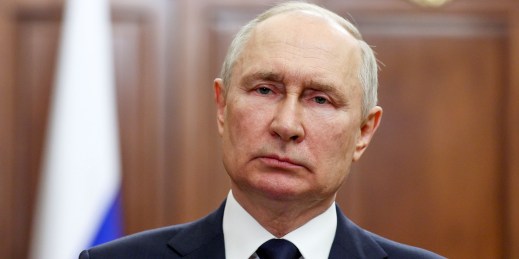
While we are still learning the details of last weekend’s mutiny by Yevgeny Prigozhin’s Wagner Group, there is understandable hope that the chaos in Russia might hasten the end of the war in Ukraine. But it is just as likely, perhaps more so, that the Wagner mutiny created conditions that could actually prolong the war.

